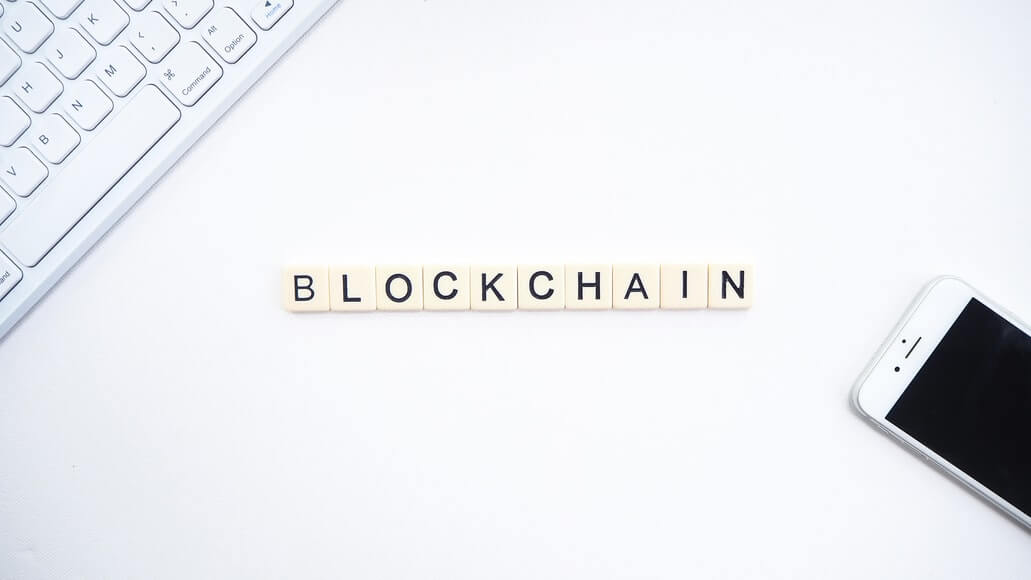One of the reasons for the decline in commodity trading volumes is the lack of a transparent marketplace. By moving transactions to a digital platform, which is blockchain technology, there will be a clear record of who owns, and who has sold a commodity, and amounts exchanged. It’s a way to make a low-cost trade finance platform, and transform the raw materials into fungible assets that can be transferred from one ledger account to another. A growing number of physical assets are being tokenized and traded on crypto exchanges, facilitated by blockchain technology. A natural starting point is commodities. There are over 100 trillion dollars’ worth of commodity transactions every year, creating a massive trading opportunity for crypto investors.
The blockchain is an immutable distributed ledger keeping records of all transactions in the network. By using self-executing “smart contracts” on the blockchain protocol, physical commodities can be tokenized and traded over the internet, enabling commodity market participants to transact more efficiently, with increased trust and reduced costs.
Imagine a future when, instead of people buying and selling cotton bales in physical cotton markets around the world, contracts are signed digitally on the blockchain, making it transparent to all counterparties, and specifying precisely when and where the cotton is to be delivered.
There is a profusion of blockchain technology start-ups aiming to make commodity trading more efficient and transparent. Almost every commodity trading app is adapting to blockchain technology. Blockchain has been called “the biggest invention since the internet”. Trading firms that have been accepting this new technology have started to witness a dramatic difference in their procedures. Atomyze is one such digital ecosystem focused on creating a more efficient financial system through the tokenization and digitization of assets and commodity trading, and the first asset class to be tokenized by them will be metals in particular.
Blockchain, the technology behind Bitcoin, is about to shake up commodity trading in a big way. Banks have shown interest in Bitcoin, but it is commodities that are the next key area in which blockchain can be used. The potential to connect traders directly with each other is hailed by many as the next stage in the development of trade with blockchain technology heralding the start of a new era.
Major commodities firms are already investing in blockchain, an innovation that is expected to transform the way that business is done. Digital assets like Bitcoin or Ethereum are based on blockchain, which is essentially a distributed database for recording transactions and trading assets. There are many opportunities to apply this technology to business, but first it must overcome major hurdles including scalability, privacy and security. This session will be relevant to any business considering adopting blockchain on a larger scale.
While technology might seem too complex for this industry, there are already some interesting applications, which are currently being developed by software companies. They are working specifically with commodity traders to install these applications in their systems, making it easier for miners, ship owners, and manufacturers to track every single part of the process.

No Responses